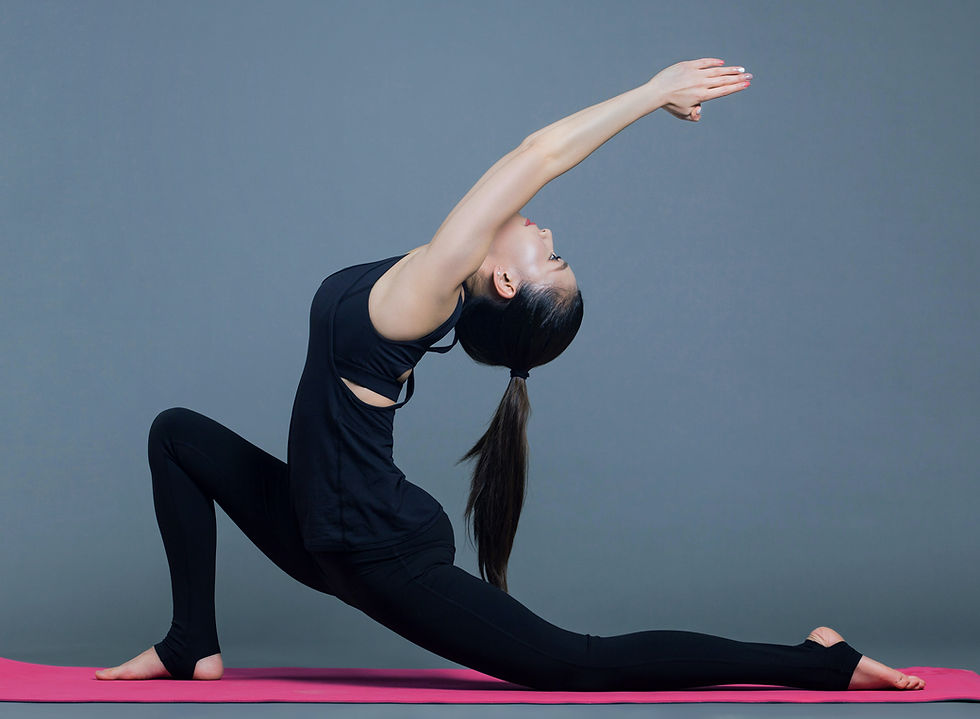How can mindfulness help in everyday life?
- Apr 1, 2025
- 2 min read
Mindfulness not only helps us to become calmer, but it can also contribute to better decision-making, enhanced concentration, and stress reduction. By practicing it regularly, we can become more in tune with our feelings and needs, as well as improve our connection with ourselves and others.
What exactly is mindfulness?
Mindfulness is a simple yet effective practice focused on directing attention. It involves fully concentrating on the present moment without judgment of our thoughts, feelings, or surroundings. Practicing mindfulness helps us let go of worries about the past or future, allowing us to focus entirely on the here and now.
Mindfulness practices in everyday life
Breath awareness
The simplest and most common mindfulness practice is breath awareness. Sit in a quiet place and focus on your breath. Feel the air entering your nose and then flowing out. If your mind starts to wander, gently bring your focus back to your breath. You can practice this for just 5-10 minutes a day.
Presence in daily activities
Try to perform everyday tasks, such as eating, washing dishes, or walking, with full attention. Imagine using all of your senses related to the activity. Feel the taste of your food, the warmth of water in your hands, the touch of the wind on your skin. When you give full attention, even routine activities can become special experiences.
Body scan
This is a great exercise for relieving tension and increasing presence. Lie down comfortably and gradually "scan" through different parts of your body, noticing how you feel in each area. Don't judge your physical state, just observe where you feel tension, pain, or relaxation. This can help restore bodily and mental harmony.
Incorporating mindfulness routines into daily life
Mindful morning routine
Start your day with a short mindfulness practice. While eating or drinking your breakfast, activate all your senses: notice the color, smell, taste, and feel the body awakening. Even just 5-10 minutes of this can help you start your day better.
Midday breaks
If you're working at home or in the office, try to take a short break between work sessions. During these few minutes, practice breathing exercises or observe your surroundings. This short pause can help reduce stress and refresh you for the next task.
Pre-sleep relaxation
With mindfulness, you can also calm your thoughts at the end of the day. Before sleep, do a short body scan, breathing exercise, or simply pay attention to the present moment without worrying about anything. This can help you experience deeper and more restful sleep.










Comments